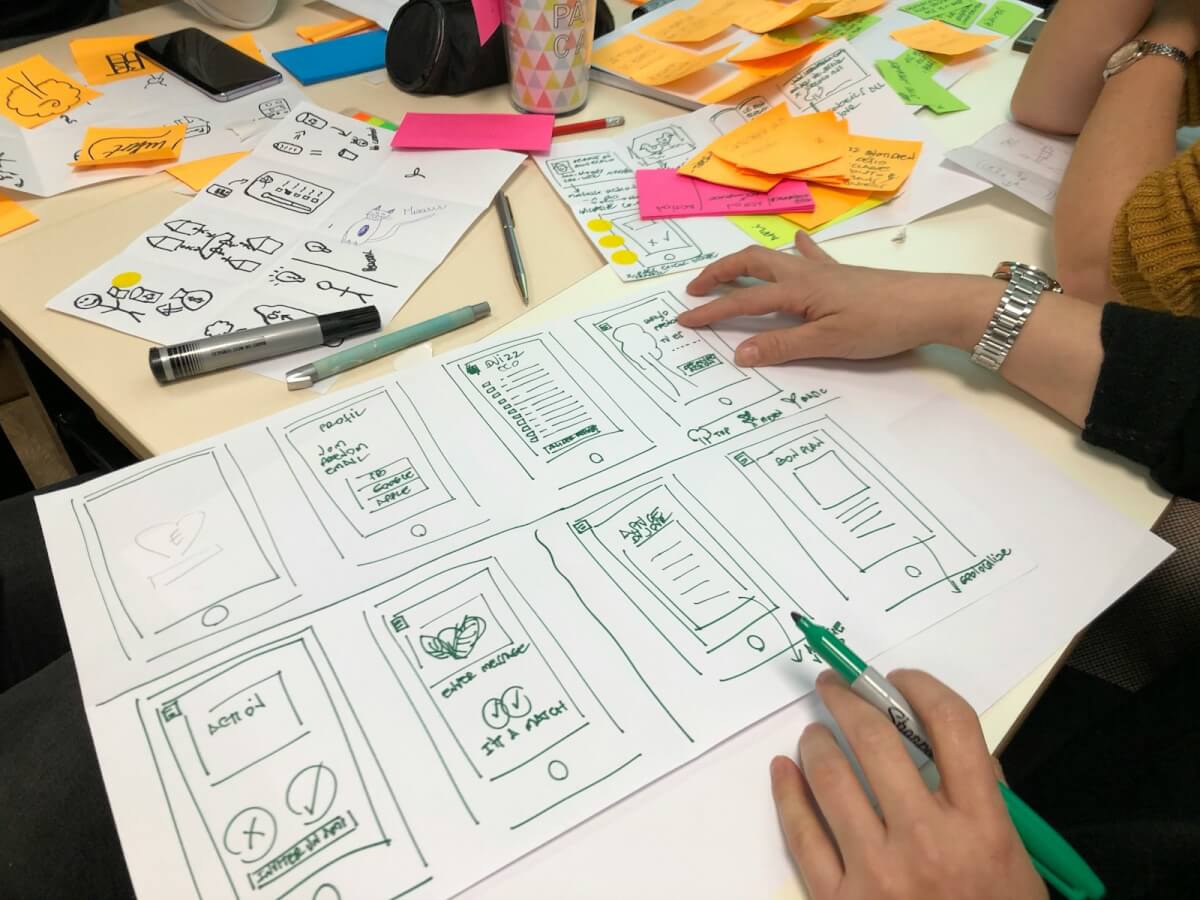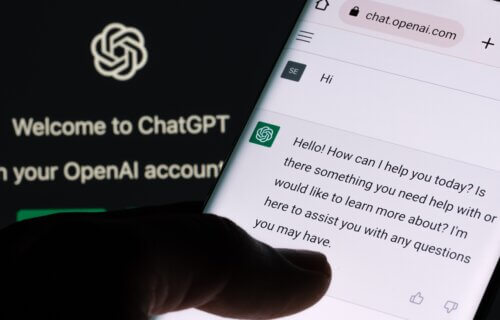FAYETTEVILLE, Ark. — Brace yourselves, creative minds: artificial intelligence powerhouse ChatGPT is poised to leapfrog human creativity, challenging our long-held belief that artistic originality is exclusive to mankind.
💡What To Know:
- AI-powered ChatGPT-4 provided more original answers than humans in multiple tests.
- ChatGPT is an advanced language model, designed to understand and generate human-like text based on the input it receives.
- Artificial intelligence refers to the simulation of human intelligence in machines that are programmed to think and learn like humans.
An innovative experiment demonstrates that ChatGPT not only challenges this belief but also excels in standardized tests measuring creative potential. The study involved 151 human participants who competed against ChatGPT-4 in three tests designed to assess divergent thinking — a hallmark of creative thought characterized by the ability to devise multiple unique solutions to a problem without a singular expected answer. It involves thinking out of the box, a skill that, until now, was attributed mainly to the human mind’s unique capabilities.
The study’s tasks designed to measure this type of thinking included the Alternative Uses Task, where participants come up with creative uses for common objects; the Consequences Task, envisioning the outcomes of hypothetical scenarios; and the Divergent Associations Task, aimed at generating semantically distant nouns.
The findings indicate that GPT-4 produced answers that were not only more original but also more detailed than those of human participants.

“Overall, GPT-4 was more original and elaborate than humans on each of the divergent thinking tasks, even when controlling for fluency of responses,” comments the authors from the University of Arkansas in a university release. “In other words, GPT-4 demonstrated higher creative potential across an entire battery of divergent thinking tasks.”
This suggests that the AI’s capability to think divergently and produce creative solutions is not only comparable to but, in certain aspects, superior to that of humans. The results were quantitatively assessed using metrics like semantic distance scoring, which evaluates the originality of responses based on their uniqueness and the breadth of ideas generated.
“It is important to note that the measures used in this study are all measures of creative potential, but the involvement in creative activities or achievements are another aspect of measuring a person’s creativity,” the authors note.
The researchers speculate that AI’s edge in creativity might stem from its lack of a need to adhere to real-world constraints, unlike humans. Yet, they emphasize that these findings highlight the rapid advancement and unexpected capabilities of large language models in outpacing human abilities in new domains.
“AI, unlike humans, does not have agency” and is “dependent on the assistance of a human user. Therefore, the creative potential of AI is in a constant state of stagnation unless prompted,” add doctoral students Kent Hubert and Kim Awa. “However, the future holds promise for AI as a source of inspiration and a tool to aid the creative process or to break free from conventional thinking.”
The authors conclude the synergy between human intuition, emotional depth, and AI’s computational creativity promises to open new horizons in the arts, science, and beyond, redefining the landscape of creative potential in the digital age.
The study is published in the journal Scientific Reports.
SWNS writer Isobel Williams contributed to this report.

AI doesn’t have to deal with ridicule, negativity, rage, threats, and the like when it comes up with a new idea.
Too bad it’s so erroneous. I’ve played with GPT and it’s an unreliable source for information, even historically.